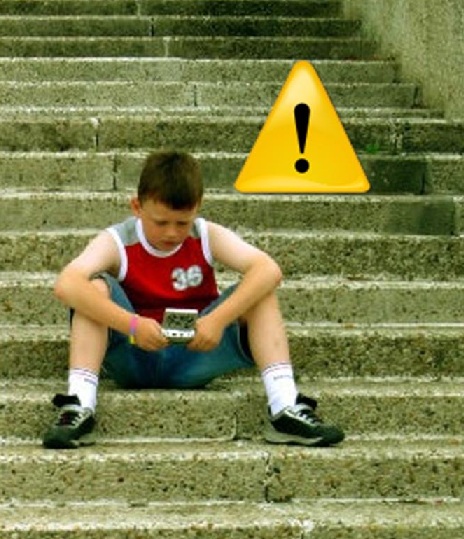 Mobile gaming draws criticism for focus on children
Mobile gaming draws criticism for focus on children
It is no secret that mobile games are designed to keep people playing them as long as possible. The longer a person plays a mobile game, the more exposed they are to the various advertisements and services being offered through that game. The mobile gaming space has been seeing more criticism for this common practice recently, however, because of the fact that many mobile games are played, if not designed specifically for, children.
Kytephone report shows Rovio games are the most addictive
A new report from Kytephone, a company that offers tools for the Android platform that are designed for child safety, shows that children are very susceptible to addictive mobile games. The report shows that many mobile games, especially those that are free to download, are very popular among the younger audience. The company drew its data from more than 13,000 children between the ages of 8 and 14. Kytephone found that the most addicting titles in the mobile gaming space came from Rovio, the developers of the Angry Birds franchise.
Rovio games beat out other titles on the mobile platform
During the 2012 holiday season, Kytephone found that children were spending 51% more time on mobile gaming than they had been during other times of the year. The majority of this time was spent on various Rovio titles, including Angry Birds and Angry Birds Star Wars. Other titles that are popular with children on other platforms, such as Minecraft, fell well behind Rovio in terms of mobile gaming. While most of these games are not associated with any fees, they do expose children to advertisements and often encourage the spending of money in order to unlock new services.
Mobile games could be exposing children to advertisements designed to encourage them to pay for services
Mobile gaming has begun attracting critical attention because of its apparent focus on appealing to a very young audience. For entertainment purposes, this is rarely a problematic issue. Mobile gaming applications do not exist for the sole purpose of entertainment, however, as most developers in the mobile gaming space rely heavily on putting advertisements within the games to generate revenue. These advertisements can also collect personal information from a consumer, putting a child’s personal information at some degree of risk.

 FTC issues amendments to COPPA that could affect mobile gaming
FTC issues amendments to COPPA that could affect mobile gaming